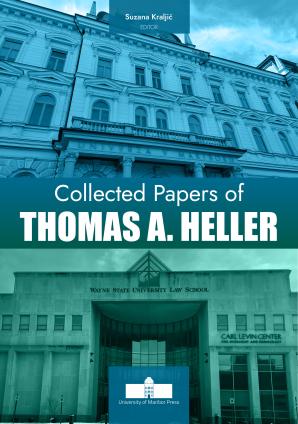Homelessness in the U.S.: Why the Supreme Court’s Ruling in City of Grants Pass v. Johnson Allowing the Criminalization of Homelessness Is Both Cruel and Counter- Productive
Synopsis
Homelessness is a serious problem worldwide. Once fairly rare, it now is an urgent problem in the United States, where the homeless population has surged to record levels in 2023, especially in several western states, including California and Oregon. Root causes can be traced primarily to mental health issues, addictions, low incomes and especially the lack of affordable housing. Men are more often homeless than women. People of American Indian, Alaskan Native, or Indigenous descent, as well as people of Black, African American, or African descent, also experience higher rates of homelessness than the overall population. Residents of communities where homelessness has surged have urged politicians to take steps to curb the problem. To reduce encampments or tent cities and to appease their voting constituents, cities have enacted ordinances that allow for both civil and criminal penalties for those sleeping out of doors. These laws have been challenged in the courts, especially in the Pacific Northwest. The homeless found sympathetic judges in the federal Ninth Circuit Court of Appeals, which in several cases held anti-camping ordinances violative of the Cruel and Unusual Punishments Clause of the Eighth Amendment. At the end of the 2024 term, the conservative block of the United States Supreme Court reversed the Ninth Circuit in City of Grants Pass v. Johnson, thus allowing these ordinances to stand. The author believes, as did the dissenters in this case, that penalizing the homeless is counter-productive and a better, less expensive, and more compassionate long-term solution is for cities to adopt Housing First policies, such as those in Finland and other European countries.







